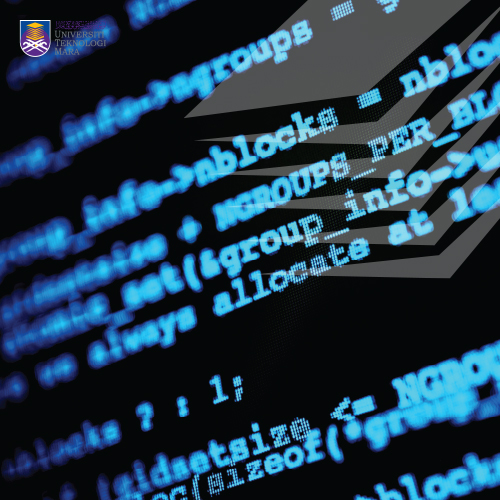About this Module
What you will learn
The "Negligence General Principles" micro-credential module is a vital component within the Bachelor of Law (LW224) course, specifically in the Law of Tort 1 (LAW435) program. Spanning 5 hours, this self-paced module incorporates pre-recorded videos and engaging activities. The law of tort, particularly the general principles of negligence, is crucial across all professions, not just the legal field. At its core, negligence imposes a duty of care, requiring individuals and professionals to act reasonably to prevent foreseeable harm to others. This principle underpins ethical and responsible conduct in diverse sectors such as medicine, engineering, education, and finance. For instance, doctors must avoid medical malpractice, while engineers are expected to design safe structures. Negligence law promotes accountability by setting universal standards and ensuring professionals adhere to their respective codes of practice. It protects public safety, fosters trust in professional services, and provides remedies to those who suffer harm due to careless acts or omissions. By deterring misconduct and encouraging due diligence, the general principles of negligence serve as a foundational framework for maintaining high standards across all fields of practice. Most importantly, this course will promote life-long learning for students in various fields and professions.
What skills you will gain
1. Cognitive & Legal Knowledge Skills Understanding of Negligence Principles – Ability to identify the elements of negligence (duty of care, breach, causation, and damages). Application of Legal Concepts – Skill in applying tort law principles to real-life or simulated scenarios. Critical Thinking & Legal Analysis – Evaluating facts, identifying legal issues, and reasoning logically through case situations. Problem-Solving Skills – Using legal reasoning to propose just and fair outcomes in negligence disputes. 2. Digital & Technological Skills Digital Literacy – Navigating and engaging with online learning platforms and interactive legal tools. AI-Assisted Learning – Using AI platforms for research, quizzes, and case simulations to enhance understanding. Interactive Learning Engagement – Applying knowledge through gamified quizzes, decision-making simulations, and case-based storytelling. 3. Creative & Communication Skills Visual Learning Interpretation – Understanding complex legal concepts through comics and visual narratives. Effective Communication – Presenting arguments or reasoning clearly in interactive discussions or AI chat-based simulations. Reflective Thinking – Developing insights and self-assessment through game outcomes or scenario feedback. 4. Soft & Transferable Skills Collaboration & Teamwork – Working together in online games or group tasks to solve legal problems. Adaptability – Adjusting to new forms of digital learning, AI interactions, and self-paced modules. Ethical and Professional Awareness – Recognizing the ethical responsibilities involved in negligence cases and legal practice.
Total contents and assessments
3 videos, 3 assessments
Module Details
CLUSTER : Social Science & Humanities ( SS ) MODE/DURATION : Flexible LENGTH : 14 days EFFORT : 4 LEVEL : Beginner LANGUAGE : English CERTIFICATE : Yes CPD POINT : 0 PRICE : Free Associated Course (s) : No Course











